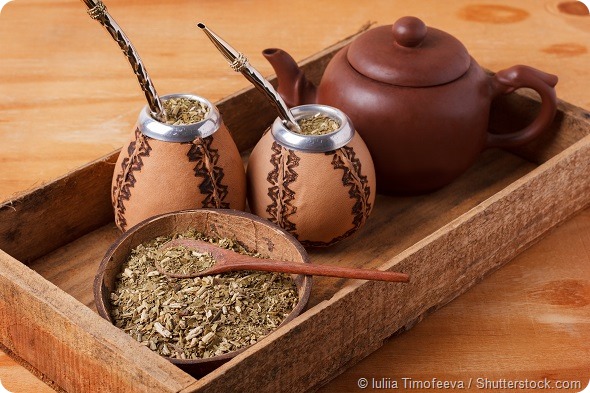The cancer agency of the World Health Organization says drinking very hot beverages is probably associated with esophageal cancer.

The International Agency for Research on Cancer (IARC) tested the association for coffee, mate and very hot drinks and the results will be published as an IARC monograph on the causes of cancer.
These monographs use classifications ranging from group 1, where the link with cancer is definite (such as smoking), to group 4, where there is unlikely to be a link.
As reported in the Lancet Oncology, the new monograph classifies the consumption of very hot drinks as group 2A, which means it is “probably carcinogenic to humans.” Coffee and mate that is served cold are classified as group 3, meaning no conclusive evidence was found to suggest these can cause cancer.
These results suggest that drinking very hot beverages is one probable cause of esophageal cancer and that it is the temperature, rather than the drinks themselves, that appears to be responsible”
IARC Director, Christopher Wild.
The 2A classification for very hot drinks (defined as more than 65˚C) was based on findings from epidemiology studies based in places where tea or mate tends to be drunk at very hot temperatures such as South America, China and Iran. The studies showed that the esophageal cancer risk increased, the hotter the beverages were.
When the researchers assessed the evidence for mate served cold, they found no adequate evidence of carcinogenic effects in either animal experiments or epidemiology studies.
Smoking and alcohol drinking are major causes of esophageal cancer, particularly in many high-income countries,”
“However, the majority of esophageal cancers occur in parts of Asia, South America, and East Africa, where regularly drinking very hot beverages is common and where the reasons for the high incidence of this cancer are not as well understood.”
IARC Director, Christopher Wild.
Dana Loomis, deputy head of the IARC monographs section, says that people in the US and Europe who enjoy hot tea and coffee probably do not need to worry because these are usually drunk at below 60˚C and made with milk, which cools them. In areas such as South America and Iran, on the other hand, “mate is not only prepared very hot, but drunk through a metal straw that delivers it directly into the throat,” he explains.
Loomis also said that animal studies have previously shown that drinking very hot water can cause thermal injury that can lead to cancer of the esophagus.